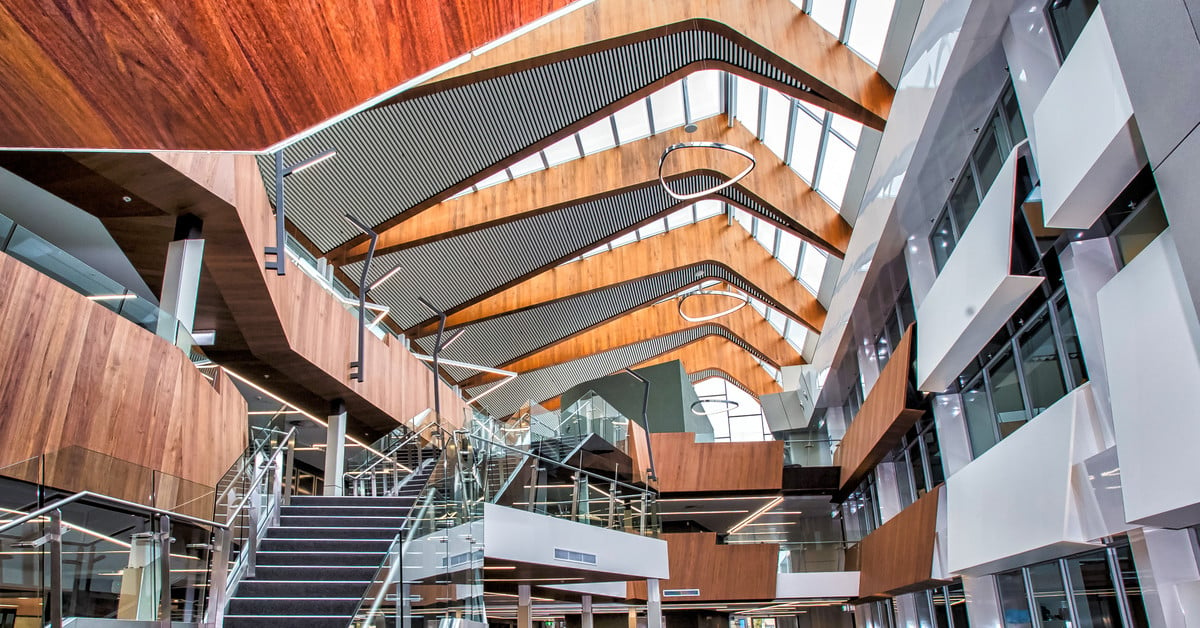


Major research areas
We cover a broad spectrum of research themes with the goal of making artificial intelligence (AI) an integral part of our daily lives.
We develop fundamental AI techniques and apply them to business and commerce, bioinformatics, e-health, sport, defence, environment, precision agriculture, energy, logistics and multimedia.
Artificial intelligence
Our research focuses on aggregation operators in AI, fuzzy systems and image processing. Fuzzy systems employ the concept of partial truth to mimic human decision-making. We build computer systems that help people make decisions from fragmented evidence and explain the logic behind those decisions.
We also focus on processing images, videos and other data to help develop autonomous systems that rely on image sensors, such as robots, rovers and drones.
Data analytics
Data analytics is about discovering patterns and properties of big and small data and developing data-driven models. Our research focuses on signal processing, smart sensing, anomaly detection, and aspects of information security and privacy.
Algorithms and optimisation
Our research covers industrial models and solutions based on discrete and continuous numerical optimisation, global optimisation, constraint satisfaction, models on graphs and data analysis methods.
We also cover the development of powerful and efficient algorithms, including parallel programming and graphic processing units. We provide fundamental techniques at the core of many AI algorithms, including machine learning, clustering and regression.

Research Capacity
Data Analytics Lab has 10 staff, including one Professor, one A/Professor, three Senior Lecturers, four Lecturers, and one postdoctoral research fellow. The members have a large number of quality research outputs and publish in the top outlets. Our research interests are in the following areas:
- High-performance data mining
- Machine learning
- Modelling Complex Systems
- Computational diagnostics for smart healthcare
- Anomaly detection, prediction and management
- Advanced computational and numerical techniques and algorithms for time-series data
- Parallelisation of massive computations and numerical methods for large scale computation on computer clusters and graphics processing units
- Data-driven modelling of human behaviour and biological/physiological processes of sleep, cardio-respiration, diabetes, depression, age-related conditions, sport
- Data-driven decision-making systems
- Sensor analytics
- Sport analytics
Data Analytics Lab is unique in Australia as it combines advanced data analytics with time series techniques to build data-driven models of complex systems. Our approach is enriched with mathematical and computational modelling and describes the system evolution in time and space. We intend to develop our Lab into a leading research lab in Australia with an impact in digital health, biomedical technologies and smart health care.
